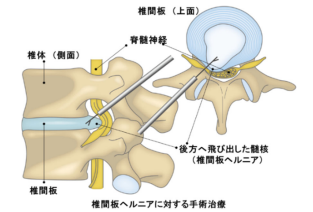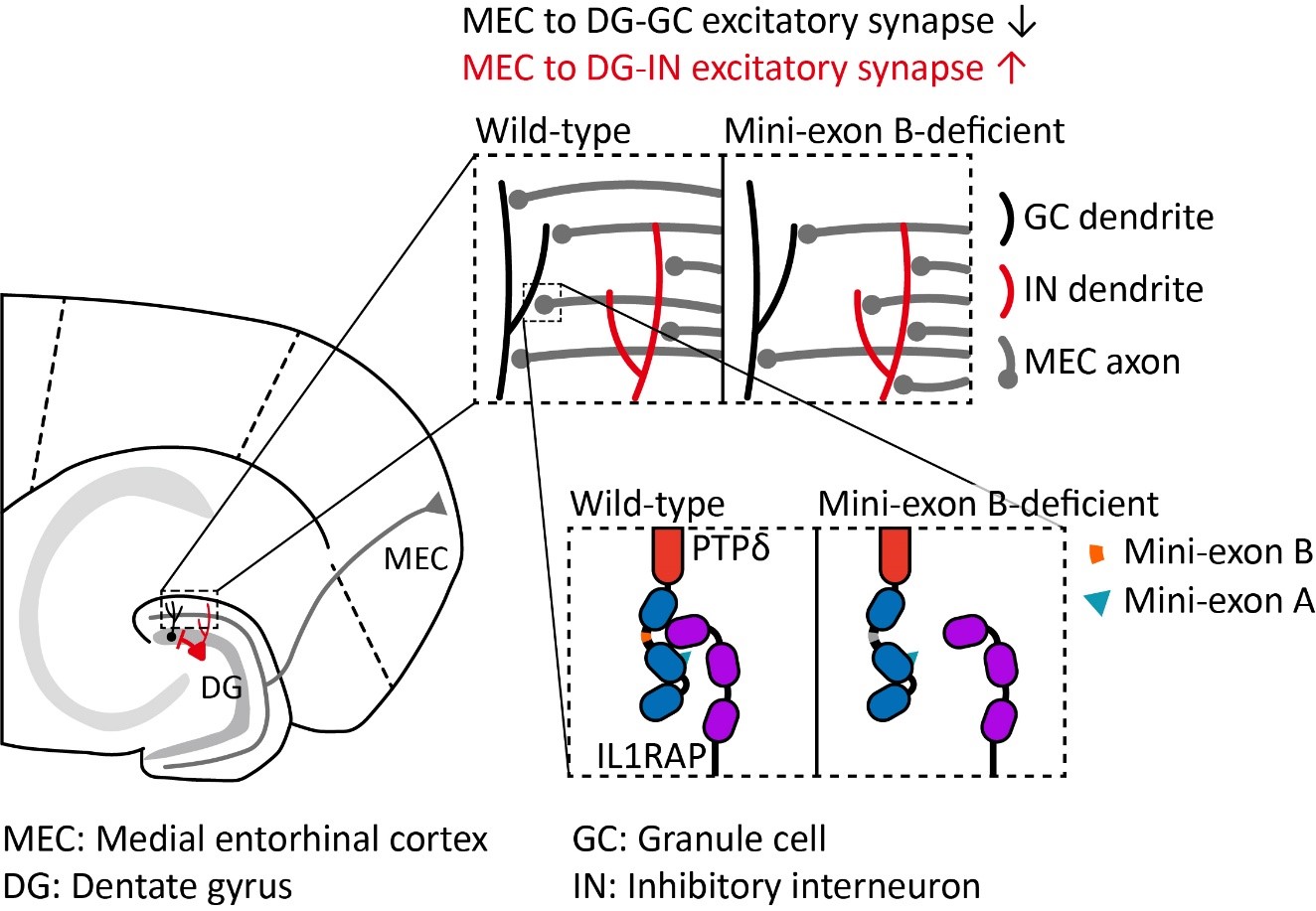2025-05-22 シンガポール国立大学 (NUS)
<関連情報>
- https://news.nus.edu.sg/nus-researchers-develop-efficient-food-delivery-service-for-transporting-cancer-fighting-genes/
- https://www.sciencedirect.com/science/article/abs/pii/S014296122400615X?via%3Dihub
ナノストロー媒介トランスフェクションを用いた初代免疫細胞の非ウイルス性高スループット遺伝子工学 Non-viral, high throughput genetic engineering of primary immune cells using nanostraw-mediated transfection
Arun R.K. Kumar, Jessalyn Low, Jet Lim, Ba Myint, Xinhong Sun, Ling Wu, Hong Sheng Cheng, Sophronia Yip, Cyrus Zai Ming Cheng, Thamizhanban Manoharan, Ying Jie Quek, Yufeng Shou, Johann Shane Tian, Yu Yang Ng, Nicholas R.J. Gascoigne, Nguan Soon Tan, Rio Sugimura, Gloryn Chia, Alice Man Sze Cheung, Makoto Yawata, Andy Tay
Biomaterials Available online: 5 January 2025
DOI:https://doi.org/10.1016/j.biomaterials.2024.123079
Graphical abstract

Abstract
Transfection of proteins, mRNA, and chimeric antigen receptor (CAR) transgenes into immune cells remains a critical bottleneck in cell manufacturing. Current methods, such as viruses and bulk electroporation, are hampered by low transfection efficiency, unintended transgene integration, and significant cell perturbation. The Nanostraw Electro-actuated Transfection (NExT) technology offers a solution by using high aspect-ratio nanostraws and localized electric fields to precisely deliver biomolecules into cells with minimal disruption. We demonstrate that NExT can deliver proteins, polysaccharides, and mRNA into primary human CD8+ and CD4+ T cells, and achieve CRISPR/Cas9 gene knockout of CXCR4 and TRAC in CD8+ T cells. We showcase NExT’s versatility across a range of primary human immune cells, including CD4+ T cells, γδ-T cells, dendritic cells, NK cells, Treg cells, macrophages, and neutrophils. Finally, we developed a scalable, high-throughput multiwell NExT system capable of transfecting over 14 million cells and delivering diverse cargoes into multiple cell types from various donors simultaneously. This technology holds promise for streamlining high-throughput screening of allogeneic donors and reducing optimization costs for large-scale CAR-immune cell transfection.

